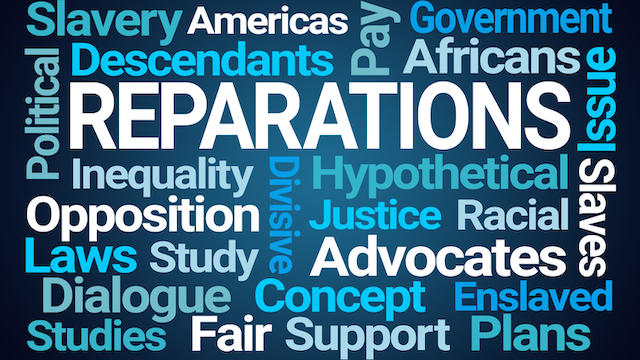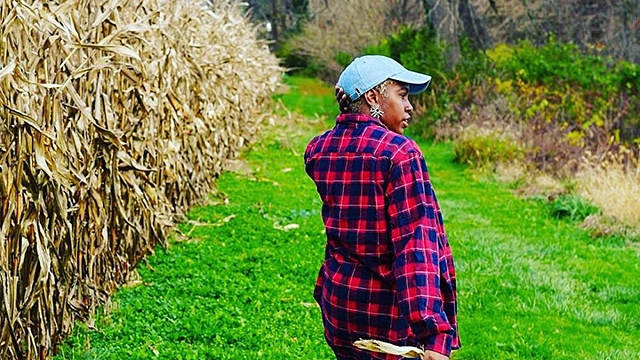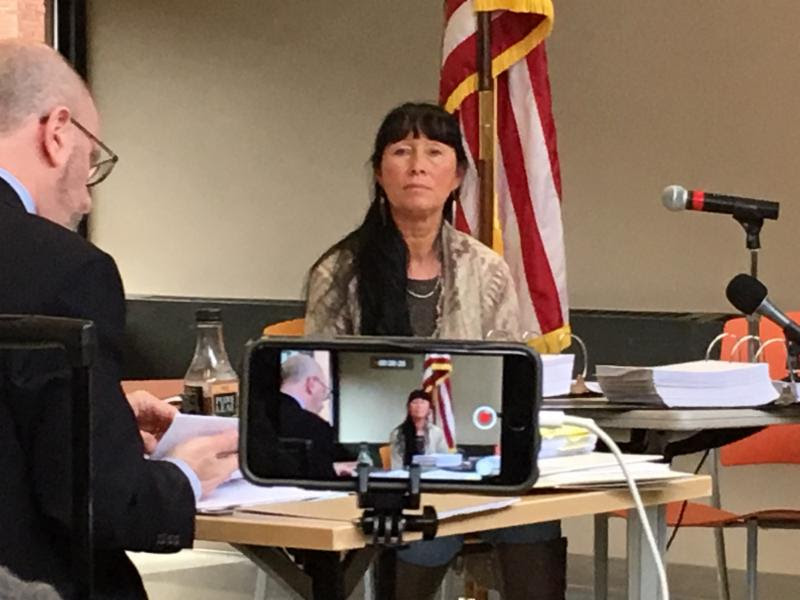“We are responsible for the world that we’ve inherited, and the world that we pass down.” — Reverend Naomi Washington-Leapheart
January Workshop Opens Conversations
At the start of the year, the Mayor’s Commission on Faith-based and Interfaith Affairs invited members of Philadelphia-area faith communities to spend four days examining the intersection between theology and systems of white supremacy alongside reparations and truth telling. Under the leadership of Reverend Naomi Washington Leapheart, Director for Faith-Based and Interfaith Affairs for the city of Philadelphia, and the Commission’s ongoing “Rise Up for Reparations” campaign, inaugurated in June 2022, the January program was part of ongoing work to build a culture of reparations in the city – and one where faith leaders are at the front of the movement. [Read more…] about Reparations: Responsibility & Relationship


